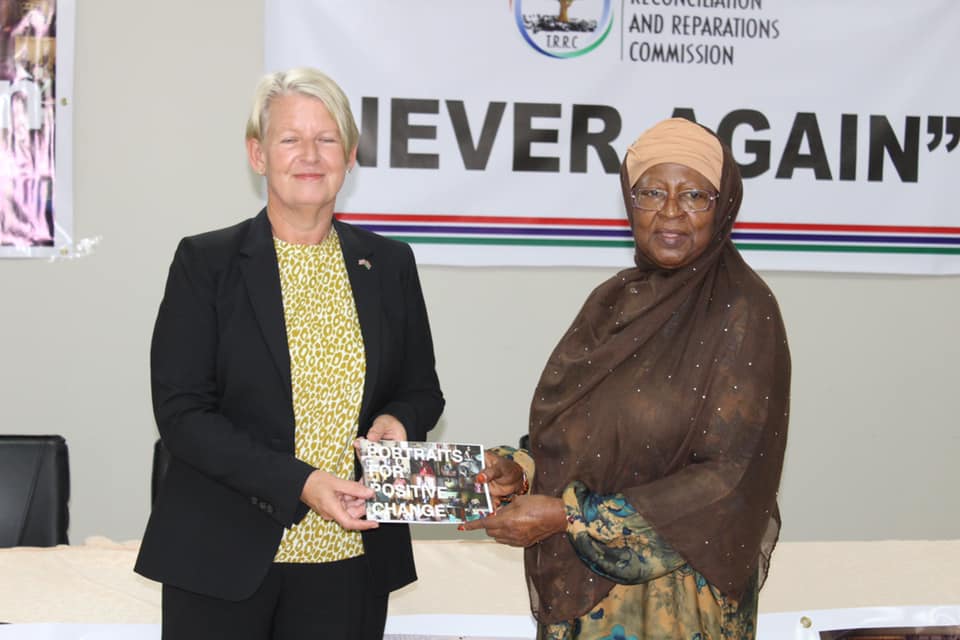By Yunus S Saliu
The Minister of Trade, Industry, Regional Integration and Employment has iterated that AfCFTA will strengthen Africa’s economic integration and that the implementation of the Agreement will significantly affect the well-being of Africa’s farmers, workers, and entrepreneurs, particularly women and youth.
This was stated at a one-day forum of the high-level private sector dialogue on AfCFTA preparedness held at Sir DawdaKairaba Jawara International Conference Centre, Bijilo, on Wednesday.
Speaking on behalf of Minister Babucarr O Joof at the forum, Mr Lamin Dampha, Permanent Secretary at the MOTIE noted that his Ministry in collaboration with the stakeholders has been working hard to ensure that Gambians are fully aware, and involved in the regional integration process of creating the one African continent market while prioritizing the production of value-added goods and services that are ‘Made in Gambia and Africa.’
According to him, the government of The Gambia through the Ministry of Trade, Industry, Regional Integration and Employment, has formulated the AfCFTA National Implementation Strategy through the technical support of UNECA.
The main objective of the strategy, he said, is to leverage deeper integration within Africa to maximize welfare gains and food security, boost trade and investment, and support structural transformation and industrialization to enhance employment and business opportunities for The Gambia’s transformation-growing population inclusively and sustainably.
“The strategy is the national strategic framework for the implementation of the AfCFTA in The Gambia and it identifies priority actions that will be undertaken by the government over 10 years from 2020 to 2023 to effectively realize the potential benefits of the AfCFTA to The Gambia,” he noted.
More so, he continued that as one of the powerful drivers for development, the strategy has highlighted that the AfCFTA can bring direct benefits to MSMEs in The Gambia while the successful implementation of it can advance economic growth and development by increasing economic opportunities and entrepreneurship for women-owned small and medium-sized enterprises (SMEs) in the formal sector as well as for micro-enterprises in the informal sector, through boosting the demand for manufactured goods.
Mr. Lamin Dampha revealed that The Gambia has also expressed interest in joining the second pilot of the AfCFTAGuided Trade Initiative (GTI), while explaining that GTI is a solution-oriented approach that aims to facilitate trade between interested state parties by connecting businesses and products for export and import.





